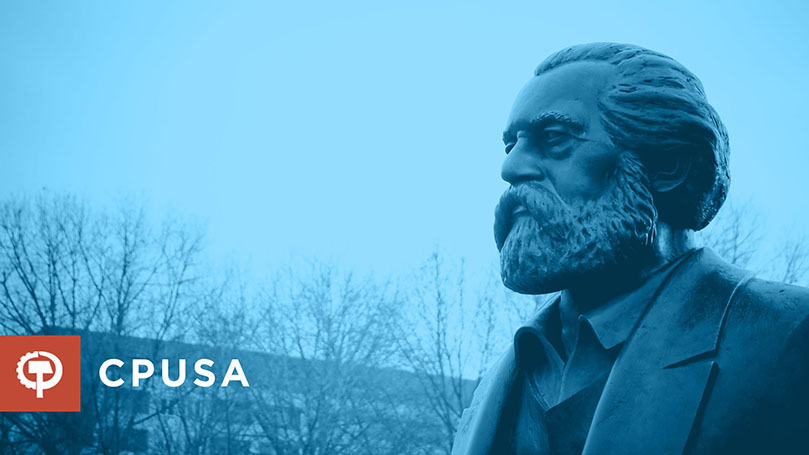
1. Marxists see as the central force in understanding history the struggle between:
a. Political parties;
b. Social classes;
c. Ideas;
d. Empires.
2. In the United States presidential elections have at crucial times been both a response to and a material force accelerating major domestic progressive transformations. Which of the following elections did not serve to accelerate a major progressive transformation in domestic policies
a. Abraham Lincoln’s victory in 1860;
b. Bill Clinton’s victory in 1992;
c. Franklin Roosevelt’s victory in 1932;
d. Lyndon Johnson’s victory in 1964.
3. Marxists contend that capitalists cannot increase workers purchasing power enough to overcome the crisis of overproduction because:
a. They are inherently greedy;
b. They don’t want workers to waste their money;
c. Their profit comes from controlling and reducing the cost of labor;(correct)
d. They want workers to save money before they purchase goods.
4. Marxists have contended that the working class purchasing goods and services under credit/installment plan conditions strengthens the capitalist class because:
a. The capitalist class gets back in interest payments wage increases to workers;
b. Debt forces workers to live from paycheck to paycheck, increasing their insecurity and the ability of capitalists to exploit them;
c. Credit/installment plan conditions fosters the illusion among workers that their purchase of personal property on credit makes them “middle class;”
d. All of the above.
5, U.S. politicians are today condemning the Peoples Republic of China’s record on human rights and democracy. Historically, the U.S. government and ruling class showed its respect for the “human rights” and “self determination” of the Chinese people by:
a. Refusing to participate in the foreign armies bloody suppression of the Boxer Rebellion of 1900;
b. Refusing to sell oil and war goods to the Japanese Empire after it launched a full scale invasion of China that would cost millions of lives in 1937;
c. Recognized the Peoples Republic of China after its establishment in 1949 and did not intervene in the re-unification of China with Chinese Taiwan in 1950;
d. None of the above.


 Join Now
Join Now